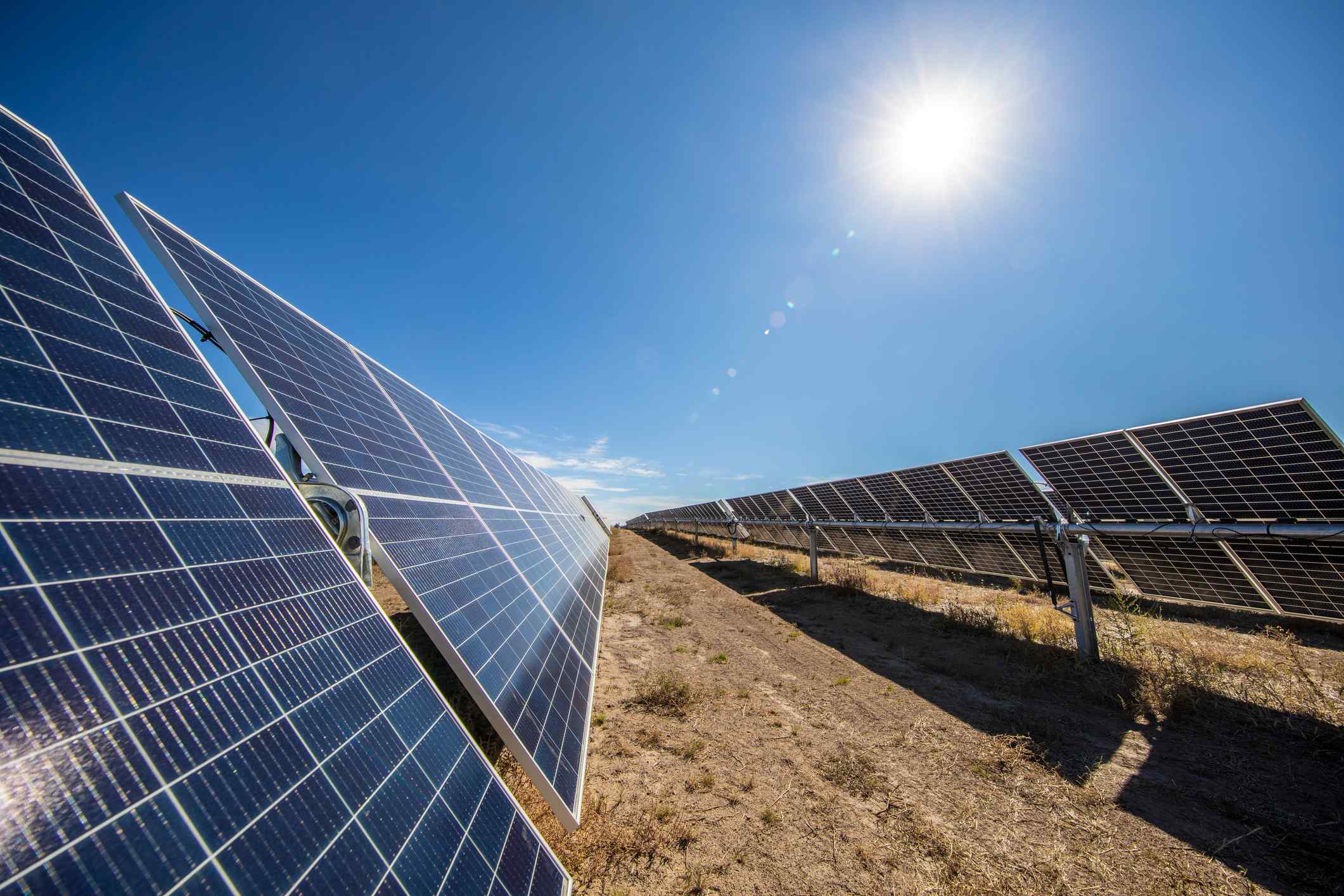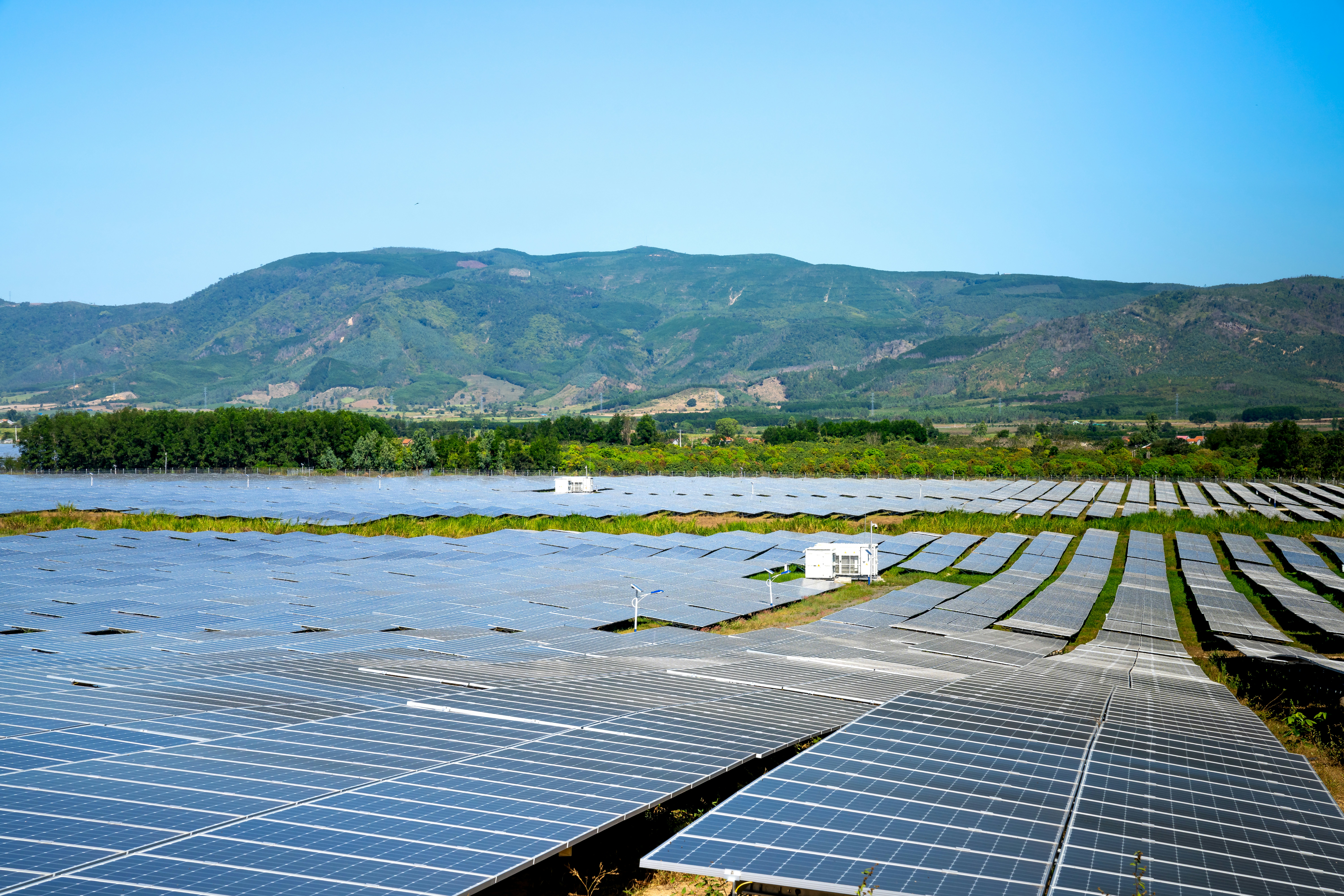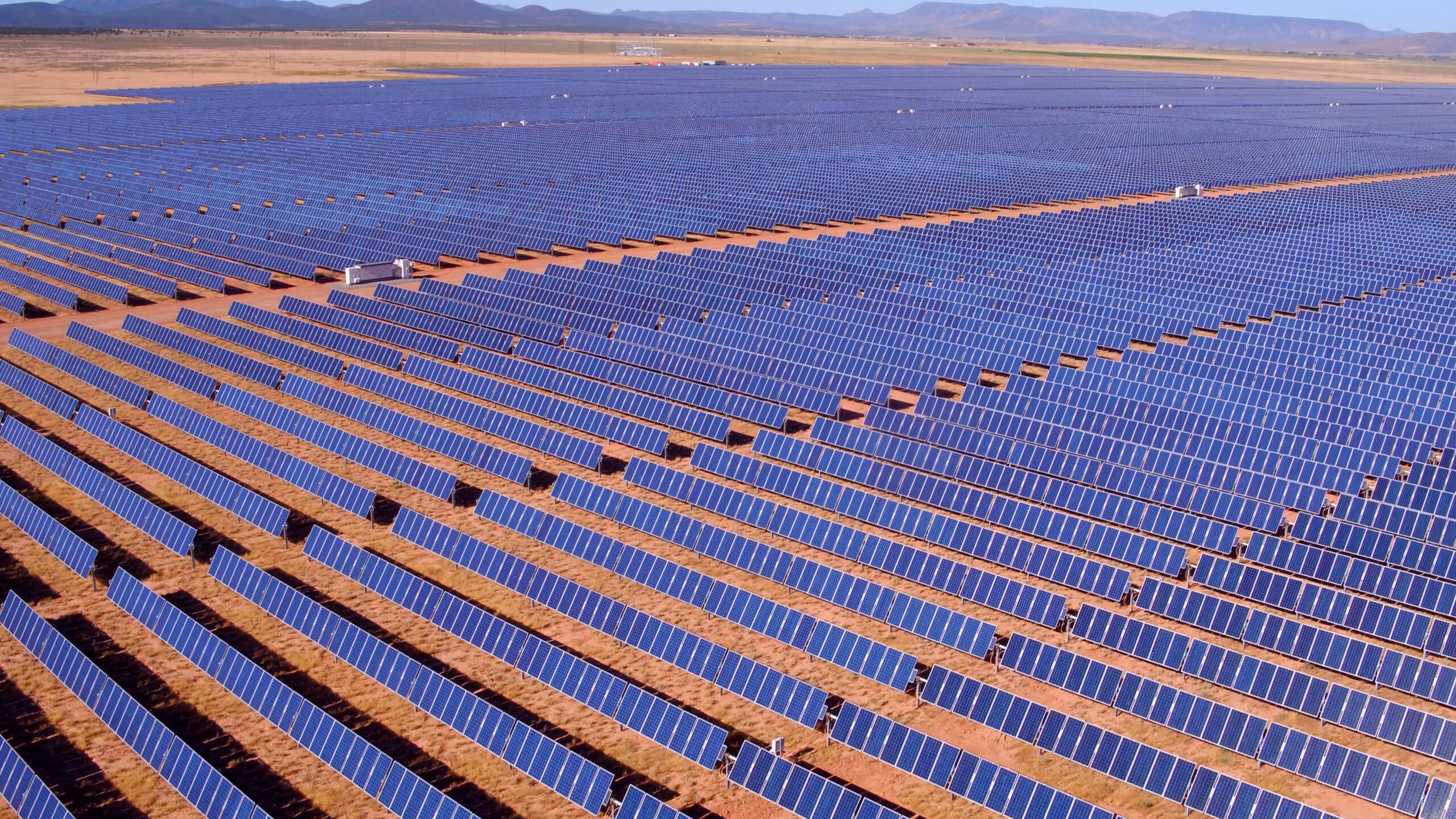POSTED
November 17, 2023
5 Common Questions Investors Ask Before Investing in Shasta Power Solar Farms
Solar farms have been a big part of the global solar expansion, but how do you know if they are the right investment opportunity for you? Many accredited investors interested in investment opportunities through Shasta Power have several questions they need answers to before they feel comfortable investing. In this post, we dive into the […]

Solar farms have been a big part of the global solar expansion, but how do you know if they are the right investment opportunity for you? Many accredited investors interested in investment opportunities through Shasta Power have several questions they need answers to before they feel comfortable investing. In this post, we dive into the top five most frequently asked questions so you can know the risks of investing in solar and equip yourself to make the best decisions for your financial future.
1. Can I lose all of my money Investing in Shasta Power solar farms?
This is a big concern, for obvious reasons. As an accredited investor, can you lose all your money investing in Shasta Power? The short answer is NO; if you invest with Shasta Power, you cannot.
Shasta Power allocates a significant portion (80%) of the investment funds to refundable deposits with utilities and if a solar farm fails, the deposit is returned, minimizing your risk. The most significant losses possible would be a 20% loss if one major project failed and a 50% loss if every single project fell apart or something bizarre occurred, such as a national ban on solar energy. These worst-case scenarios are improbable, if not impossible.
Another factor that lowers risk is that all investor funds are not placed into a single project. Instead, these funds are diversified across multiple projects with various partners and customers in different states. This further reduces the risk of total capital loss. Don’t miss our article here for more details.
2. When do I get paid after Investing in Shasta Power solar farms?

Investment periods with Shasta Power typically span five years, with five significant payout milestones:
- An Asset Purchase Agreement (APA) contract is signed with a project partner.
- An interconnection agreement is established.
- A Power Purchase Agreement (PPA) is signed.
- A Notice to Proceed (NTP) is issued.
- A Commercial Operation Date (COD) is determined.
We always sell our solar project before construction begins. Therefore, the farthest out you can expect your final payments is 5-6 years from when you invest. Check out our article about How to Predict a Solar Farm ROI for more information.
3. Are there tax benefits to investors in solar projects?
Tax incentives typically associated with solar, such as residential or commercial solar panel installation credits, do not directly apply here. You can still capitalize on other financial advantages even though tax benefits are not directly tied to our utility-scale solar projects. The tax value from these incentives does raise the value your investment with Shasta Power, and thus your ROI is higher as a result.
Investors like you can explore the potential tax benefits of individual capitalization and the option to invest from a tax-deferred retirement account.
The primary advantages of investing with Shasta Power lie in the anticipated 30% annualized rate of return and the positive environmental impact of reducing reliance on coal and other non-sustainable energy sources.
For more tax-related information, check out our article on the tax benefits of solar investing.
4. Does Investing in Shasta Power solar farms outcompete other green energy sources?

Solar is the leading investment opportunity in the world of clean energy, passing up wind-generated energy, as you can read here.
Solar energy has reached grid parity, which means it is now on equal footing with other inexpensive energy sources. Solar is currently the most cost-effective green energy option, primarily attracting energy buyers and utility companies.
Investing in solar energy is profitable and aligns with the growing demand for clean and sustainable energy sources.
5. What kind of solar investing is Shasta Power?
Shasta Power’s Summit Power Fund is a Reg-D 506c private capital investment fund.
This structure offers several benefits, including unlimited growth and opportunities for investors. All investors are accredited; this ensures a qualified group of participants and allows investors to diversify their risk while targeting an average anticipated 30% rate of return every year.
While private funds like the Summit Power Fund offer you higher returns and more closeness and insight into your investments, they may come with less flexibility than other investment options.
Apply to invest with Shasta Power
Invest in the future of sustainable energy and enjoy the benefits of high payback and a sustainable future. Apply to invest in Shasta Power or watch our webinar to learn more about solar farm investment opportunities. Shasta Power is committed to a more sustainable future, and your investment can be a part of that mission!





